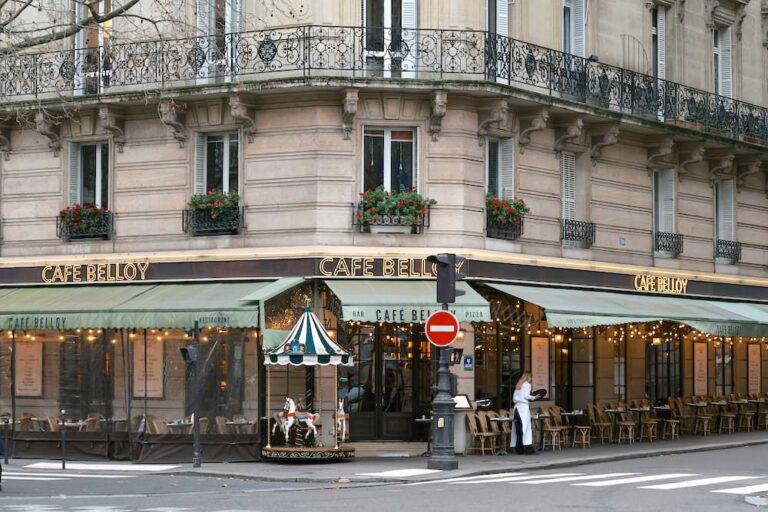avant, avant de, avant que
The French terms avant, avant de, and avant que all relate to the concept of “before,” but they are used in different contexts and structures. Here’s a breakdown:
1. Avant:
This is a preposition that means “before” in a general sense and is used to indicate time or position. It is usually followed by a noun or pronoun.
- Example: Avant le dîner, nous avons fait une promenade.
- (“Before dinner, we went for a walk.”)
2. Avant de:
This is a phrase used when expressing an action that takes place before another action. It is followed by an infinitive verb and indicates the completion of one action before starting another.
- Example: Avant de partir, j’ai rangé ma chambre.
- (“Before leaving, I cleaned my room.”)
3. Avant que:
This phrase is used to introduce a subordinate clause, usually with its verb in the subjunctive mood. It also indicates an action that happens before another, but it requires a clause with a subject and verb.
- Example: Je veux partir avant qu’il ne pleuve.
- (“I want to leave before it rains.”)
Key Differences:
- Avant is used with a noun.
- Avant de is used with an infinitive verb (to describe actions happening before another action).
- Avant que introduces a clause, typically with the subjunctive verb form, to describe an event that happens before another event in a more complex structure.






